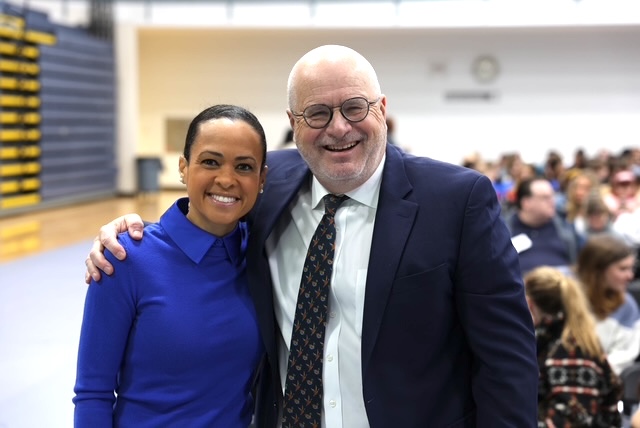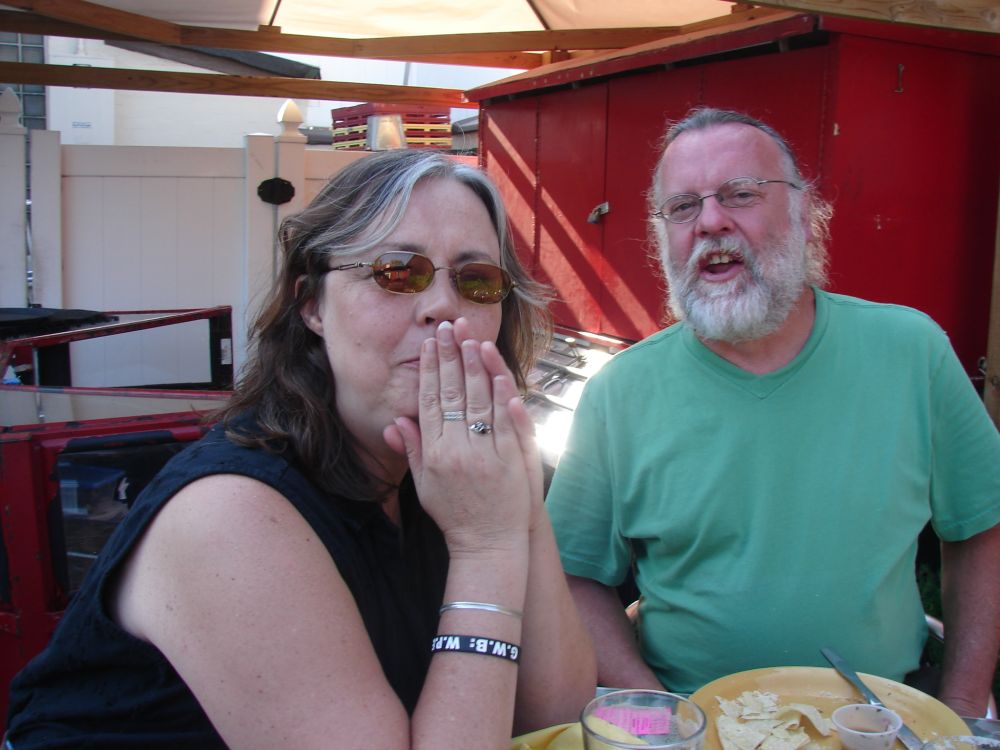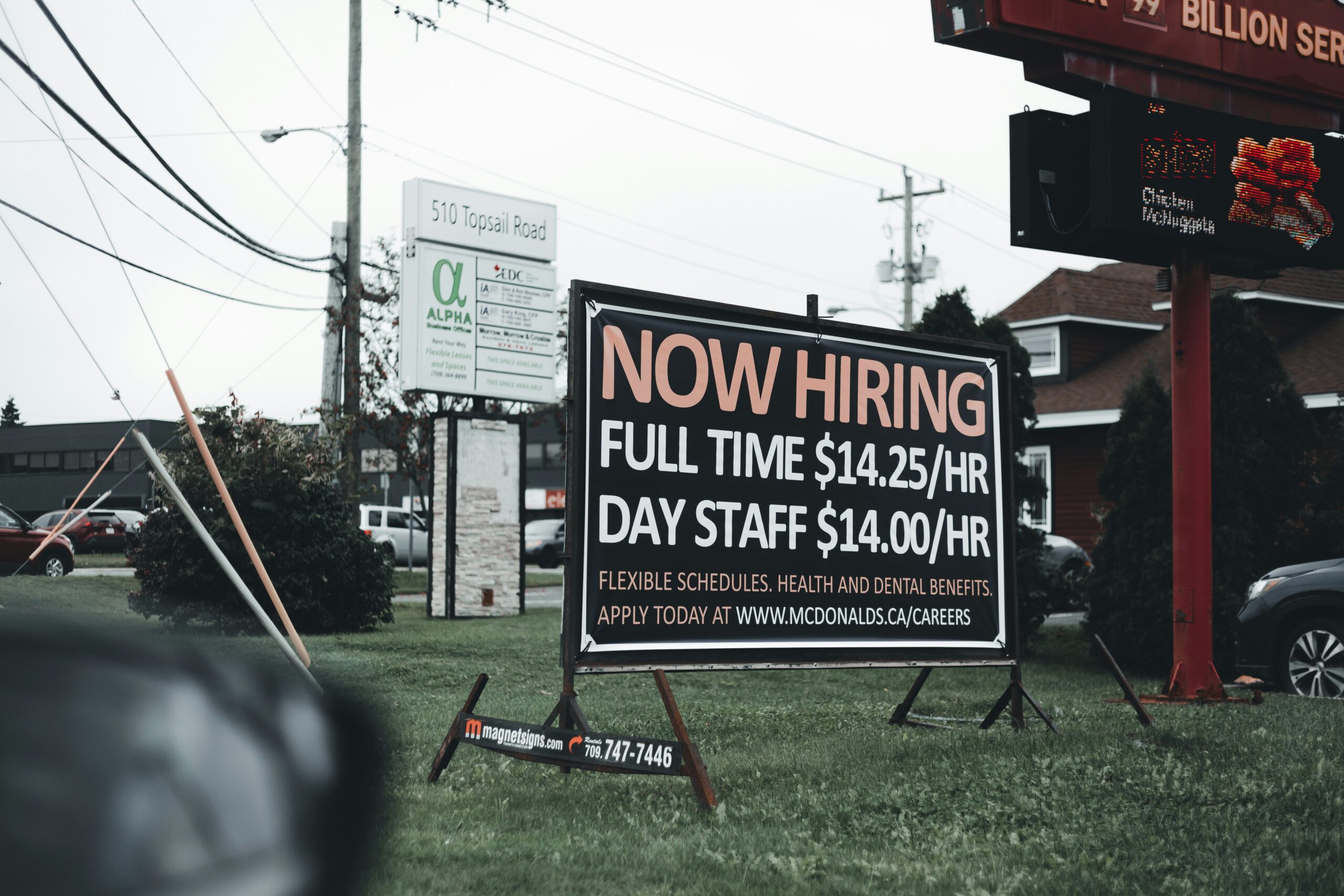How Zero-Sum Thinking Divides Us
December 28, 2023

I used to wonder if politics boiled down to temperament. Were liberals just bleeding hearts who preferred compassion to logic? Were conservatives just devoted rule followers nervous about change? Then my mental diagram turned into a wild doodle, with fat circles at the edges for those even more rigid or more woke, and I stopped having theories. Except for the one that conveniently blamed Donald Trump for a world he only exploited and did not, God fantasies aside, create.
Lately, though, I have returned to a simple, commonsense concept, one born in game theory but as old as homo sapiens. Zero-sum thinking. If you win, I lose. There is not enough stuff, money, success, food, air, water, respect, or power for everybody, so we have to fight every day for our share.
Sounds primitive? It does. But we are living in what documentary filmmaker Astra Taylor calls an Age of Insecurity, half of it manufactured and the other half dead accurate. We are all, even the wealthy, members of this new precariat. The richest 10 percent own more than 70 percent of the country’s assets, which shrinks the middle class that used to stabilize us. Some of us have been lucky enough to save enough money to invest, but the stock market could wipe us out in a day. So could a hurricane, a tornado, a volcano, a flood, a drought, or wildfire. Earth no longer welcomes our presence, because we have sucked it dry. Politicians cannot hammer out solutions where everybody wins a little, because their constituents see any compromise as a diminishment.
Zero-sum thinking shows up all over the place. It puddles in the Congressional aisle no one dares cross. It puts up trade barriers, panics at trade deficits, and insists on protectionism, isolationism, nationalism. It builds walls, both literal and figurative, to keep out strangers. It musters campaigns against welfare, equitable redistribution, universal health care, foreign aid—anything that might use someone’s tax money to help other groups. If you have ever worked in a corporation that was downsizing, you have watched accurate zero-sum thinking trigger weird reactions, as people struggle to cope with their justified anxiety.
What helps in such situations are the very practices zero-sum mitigates against: banding together, sharing information and tips, refusing to be manipulated.
“One thing I like about the concept of insecurity is that it gives us a basis for finding commonalities,” Taylor told The New York Times. “Where inequality encourages us to look at extremes—to think about the billionaires versus the billions of people who have very little—insecurity encourages us to look sideways and see what we might have in common with people…. That can be the basis of solidarity.”
Yet even she opens the door to zero-sum: “My intention is to say, Hey, see yourself in this. Because then you’re fighting for yourself and not just out of pity for others. And I think that’s really essential. We have to fight for our own lives, even if we’re relatively privileged, because we’re all living on a burning planet.” Many readers will supply their own ending: “And there is only so much to go around.” Which is true, but forgets that we can change the outcome. What stops us from imagining a new abundance? An assumption that scarcity is permanent, and we need all our energy to scrabble for our own share.
Darwinism? Maybe, but we are not chained to the result. “There is no evidence,” notes a report in Nature, “which suggests that zero-sum thinking is an enduring feature of human psychology.” Evolution may have developed the tendency, staring when resources were perpetually scarce and someone could live a full life without witnessing any change or improvement in available tools. We now see dramatic changes once a month.
So what perpetuates zero-sum? Facts, first. Natural resources, for example, are finite. But a misunderstanding of basic economics can also persuade someone of a zero-sum framework in commerce. So can living in a place where work is tied to finite resources, like a farming community, rather than a big city full of entrepreneurs and innovators capable of creating opportunities.
Childhood experiences of scarcity, whether of food and money or parental attention and love, can predispose one to zero-sum, too. An only child, I never had to fight for anything, and I blink hard when I see otherwise gentle and loving friends turn scrappy, elbows out, ready to scheme or shove to win a competition. My politically conservative friends baffle me, too: they regularly remind me that “the pie is only so big.” I say we can bake another.
But then I listen to news about the latest threat—economic, environmental, whatever—and I am the first one hoarding masks and toilet paper or hiding money under the mattress. Our entire culture drags us into a zero-sum mindset. Historically, we favor our own bootstraps, reluctant to trust a larger community to care for us. And capitalism loves scarcity because it jacks the price up. Americans are material girls and boys, more comfortable with stuff (finite) than spirit (infinite).
The biggest push, though, comes from fear. These days, we seem to be under threat all the time, between the real dangers we do not want to comprehend and the mustered hype of media conglomerates competing for (scarce!) attention. Threat triggers a zero-sum response, one that fancies itself grimly realistic and makes no room for hope. If resources are fixed, there is no possibility of abundance, that generous word that allows more than enough for everyone. Individually, emphasis falls not on creativity or innovation but on tightening, squirreling away, buying the bunker or the desert island. Socially, it is now imperative that your group be in power. Newcomers must be kept out.
Zero-sum thinking can confuse and prejudice us. If someone belongs to a certain social group, they could not possibly be a member of this other group. Ending discrimination against one group will only cause discrimination against another group. When jurors hear evidence that supports more than one theory of the crime, they decide it must be meaningless. Students disappointed by a B assume their professor must be grading on a curve, with only so many A’s to go around. Lovers grow jealous of their beloved’s time and affection, believing that anything given elsewhere subtracts from what she has for them. Artists across media or genres and find they are now taken less seriously.
Research shows that countries with lower Gross Domestic Product have stronger zero-sum beliefs, agreeing with such statements as “Successes of some people are usually failures of others.” The same pattern holds for individuals with less socioeconomic capital. And members who think their group somehow superior tend to feel entitled to a larger share of limited resources.
As a wealthy country with vast lands and abundant resources, we felt superior. Now we do not. Our share of the world’s admiration and patronage once seemed in infinite supply, constantly renewing itself. Now that, too, has dried up, and with it, innovation and creativity. People who want to bring the past back want the old sense of security, abundance, and hope.
If a fortuneteller gazed into cloudy crystal, she might say, “Expect more sharp elbows, less cooperation.” That is where zero-sum thinking takes us.
Read more by Jeannette Cooperman here.





